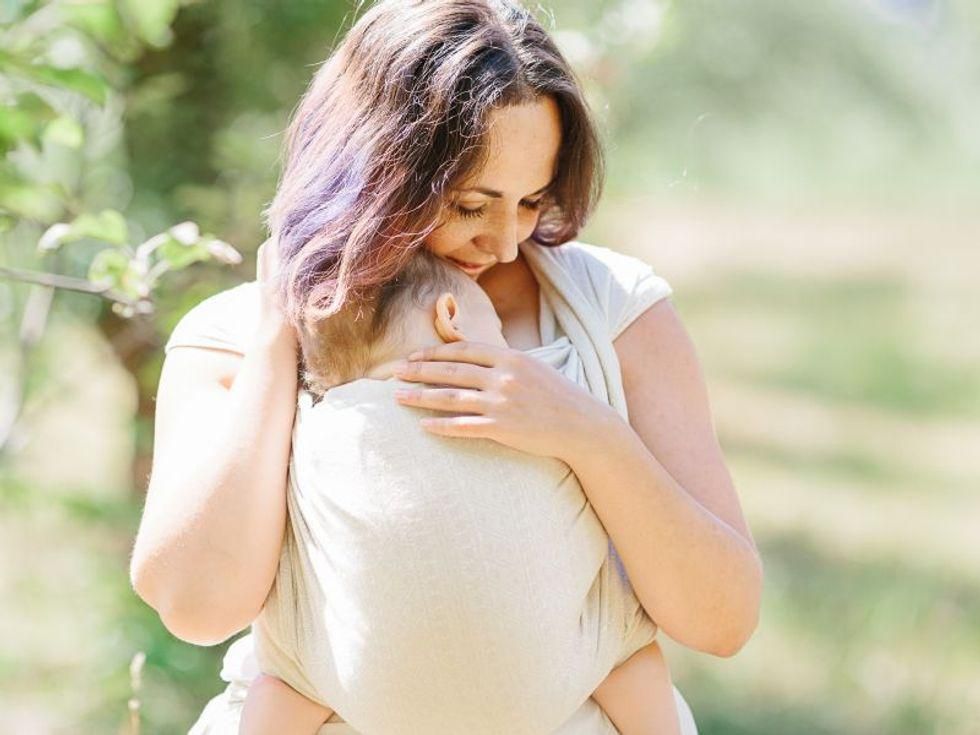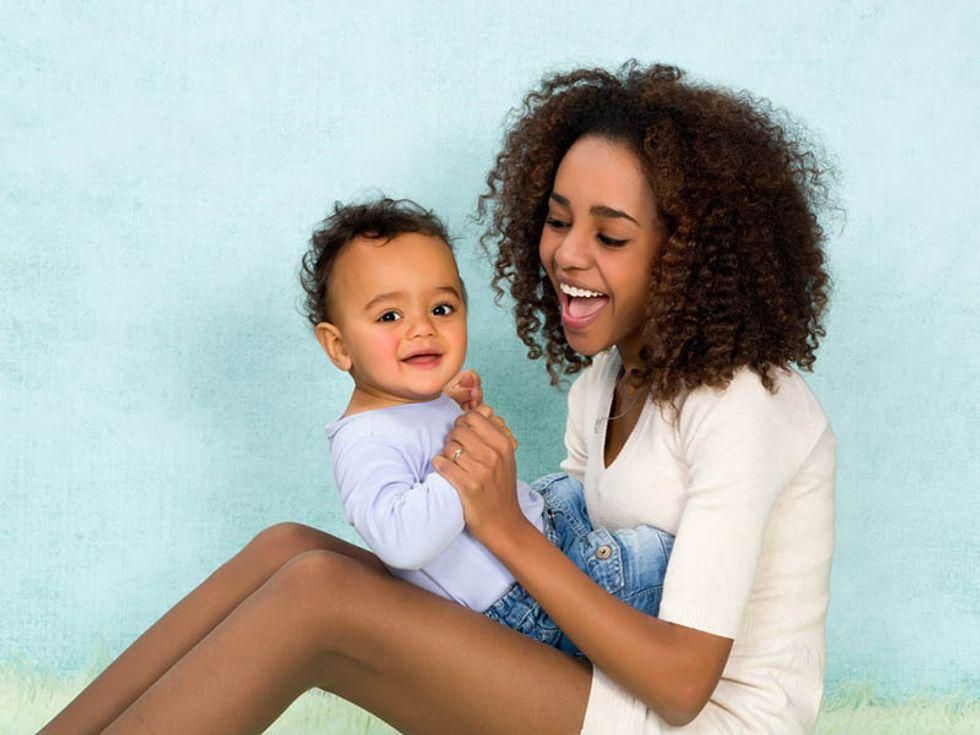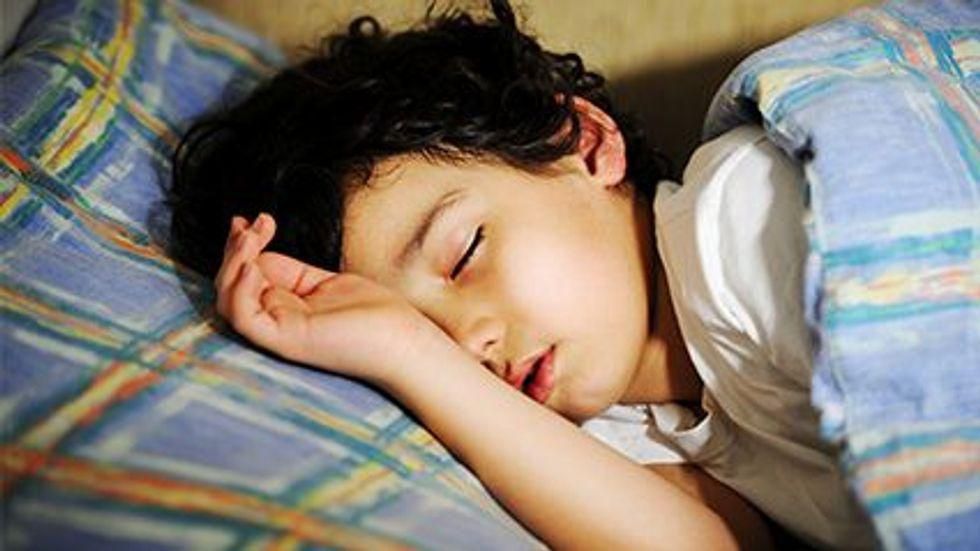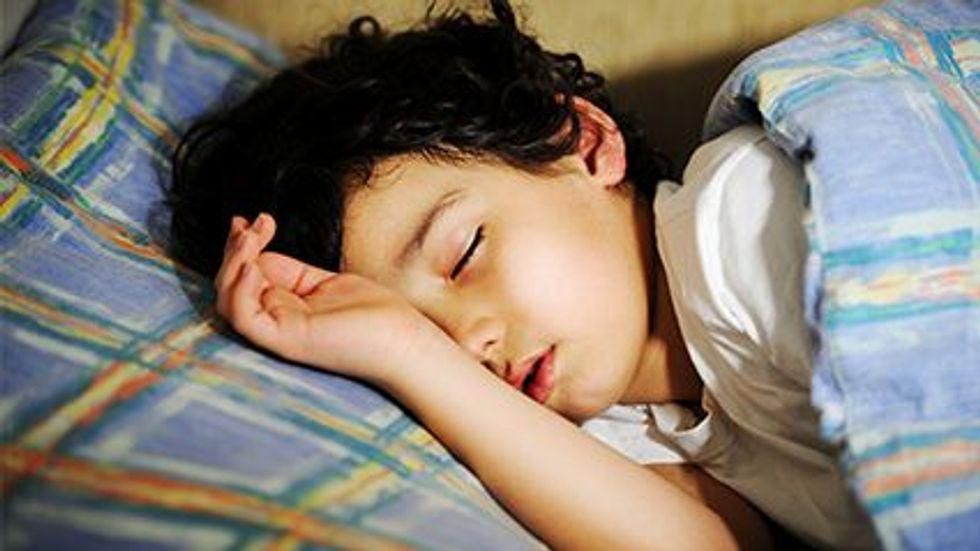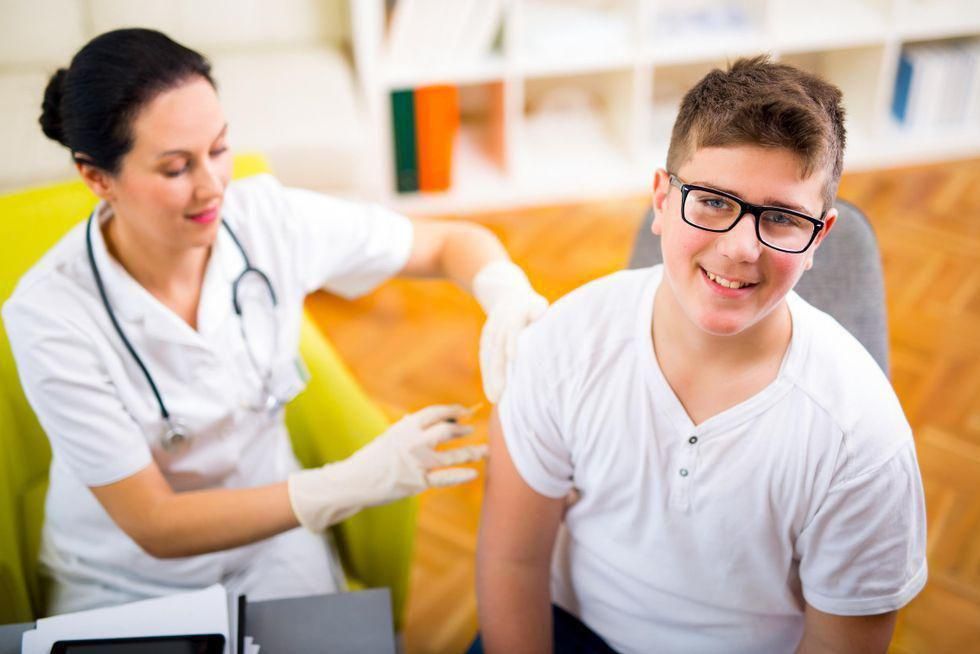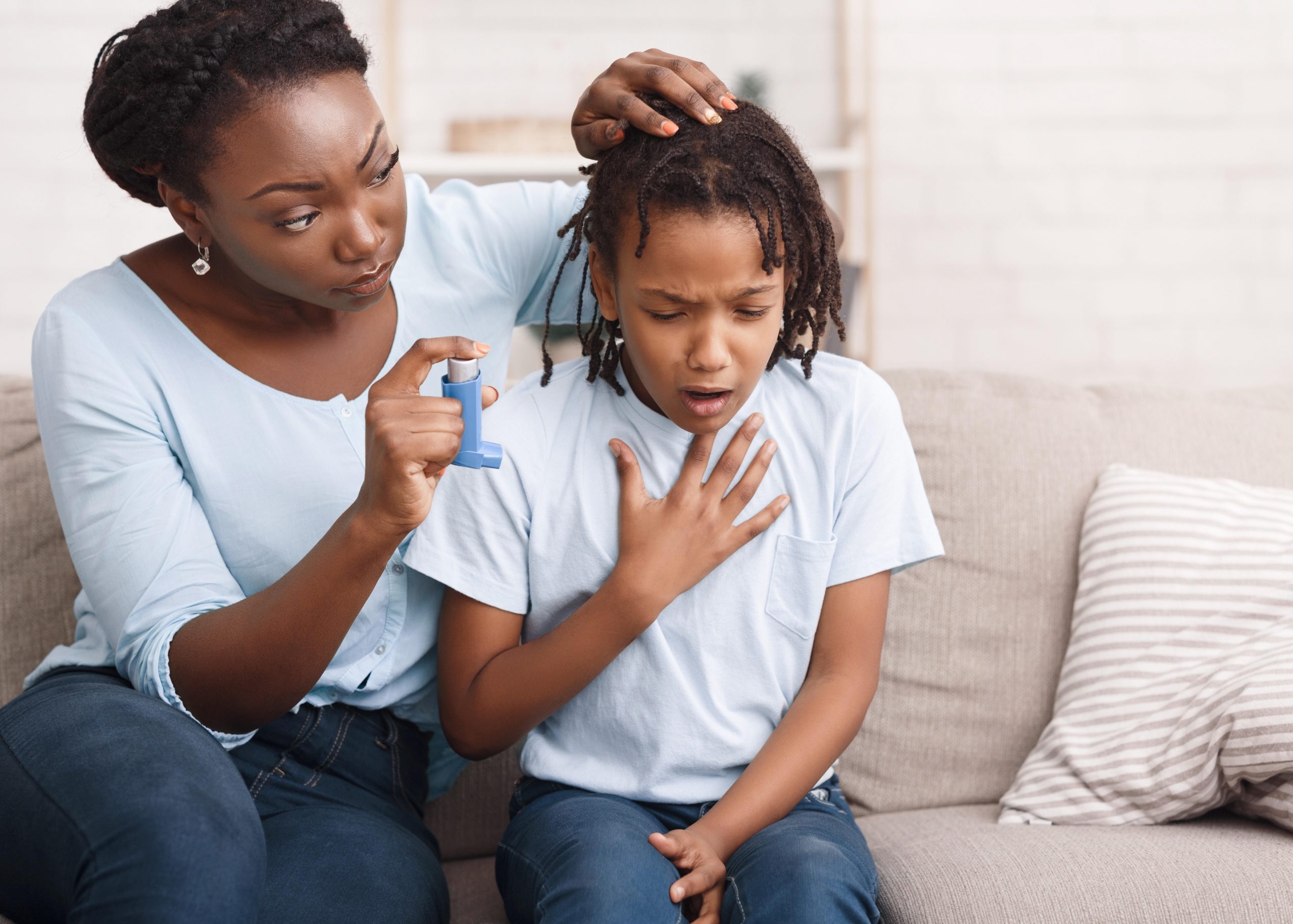
The ability of two-dose COVID-19 vaccines to protect against symptomatic infection by the Omicron variant falls significantly short, but a booster shot provides considerable protection, according to the first real-world study of how effective vaccines are against the rapidly spreading new form of the coronavirus. Four months after their second dose of the Pfizer-BioNTech vaccine,… read on > read on >










